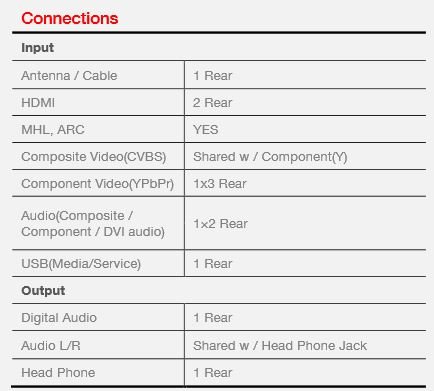More precisely, you pay a set fee for electric service, and a variable amount for consumption. However, we have no way of knowing what a pricing model like that would look like, because we don't have enough information to know how much lighter users are subsidizing heavier users, today. One approach to estimating would be to split the difference. That would lead to me paying a $30 monthly Internet service fee, and a charge of $10 for every 50 GB block of data I use.Just a thought. If Internet usage is to be metered, it must be truly based on usage that goes in both directions, up and down. Current metering proposals I have seen have a floor (usually what people are currently paying) and then go up from there. When metering is talked about it is usually in regards to charging more if one is over the cap. I have never heard of a proposal to charge less is one does not use all the bytes up to the cap. If one takes a 3 week vacation in June and monthly Internet usage plunges by 75% the floor keeps the monthly charge the same. OTOH, one's electrical usage at that time may go down by60% that month (many devices still run when one is not home) and the bill also goes down quite a bit.
Yet we don't need that to know what electricity should cost.In the end we need real free market competition to see what the true value of these services are.
There won't be dozens of ISPs stringing cable in your neighborhood. The best you can hope for is a splitting of the service horizontally, like electricity is split here in Georgia: The pipeline will be regulated, receiving a set percentage profit each year, and then you'll have to purchase service separately. I wouldn't be surprised that, when the time comes, the networks demur from getting involved in any direct marketing to consumers arrangement, so you'll still end up dealing with Comcast, Charter, AT&T and Verizon - you'll just be able to pick your poison in that regard, with the service provided by the one you choose and the pipeline provided by whichever serves your specific area.The current Monopoly or Duopoly systems were designed for another day and time that is long gone. I am 'lucky' in that I have two choices for home Internet service. Most people I know have one choice for Internet service - The Cable Company.

